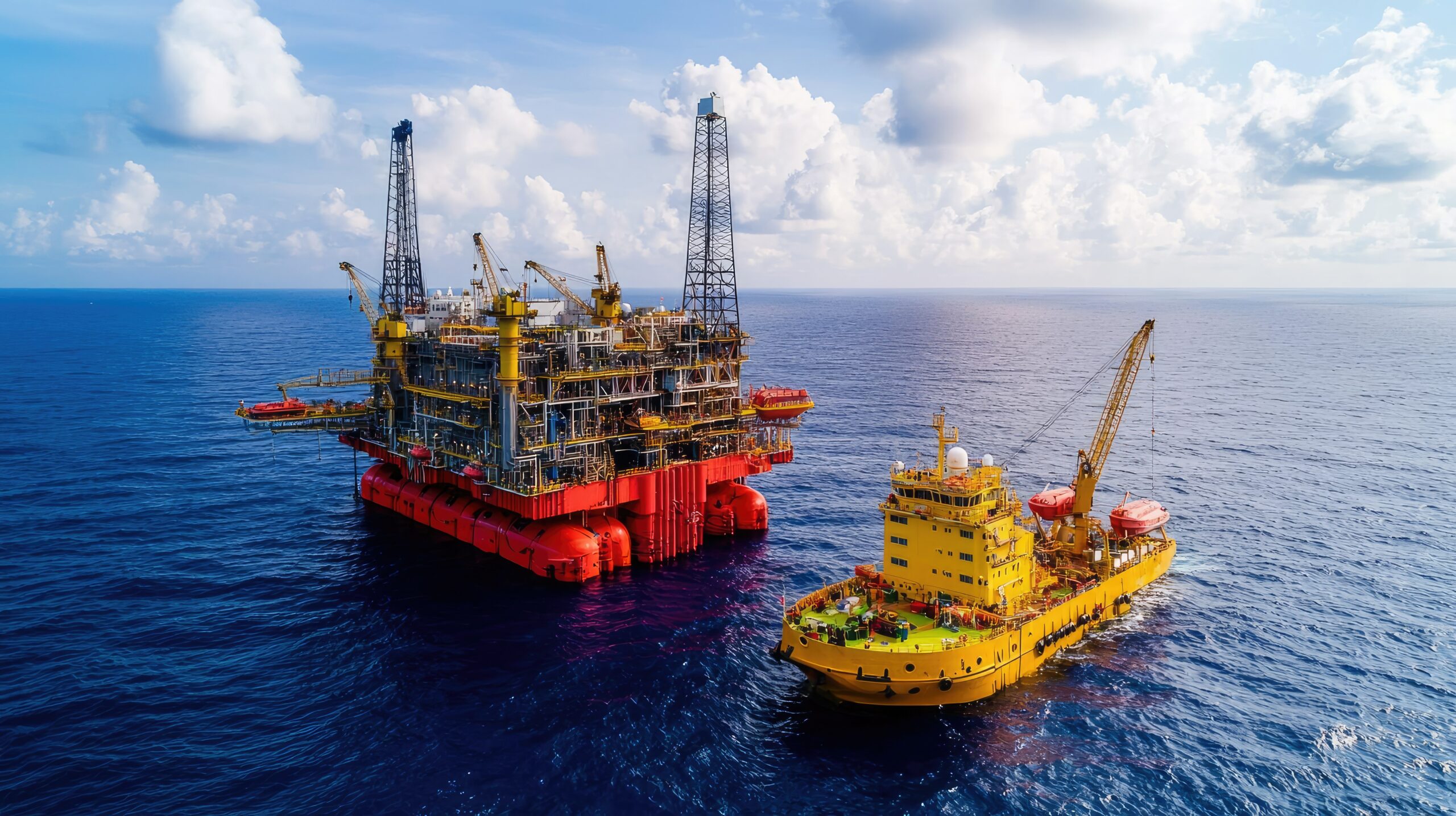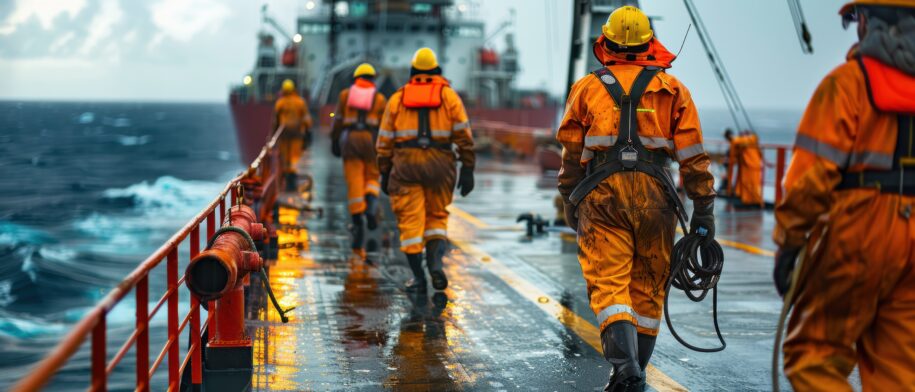Ensuring IMO Safety Standards in LPG Tanker Vetting
The transportation of Liquefied Petroleum Gas (LPG) via tankers has become a cornerstone of global energy trade. With its growing demand, the need for strict safety measures is paramount. This is where IMO Safety Standards come into play, offering a robust framework for ensuring vessel integrity, crew competency, operational safety, emergency preparedness, and environmental protection. These standards form the backbone of LPG tanker vetting processes, ensuring that ships adhere to international maritime regulations such as SOLAS, MARPOL, and the IGC Code.

The Role of IMO Safety Standards in Maritime Safety
The International Maritime Organization (IMO) is a specialized agency of the United Nations responsible for regulating shipping to promote safety, security, and environmental protection. The IMO Safety Standards serve as comprehensive guidelines to prevent maritime accidents, reduce environmental risks, and ensure the well-being of all stakeholders involved.
In LPG tanker operations, these standards are particularly critical. The cargo is highly flammable and requires specialized handling to prevent accidents. The IMO, through conventions like SOLAS (Safety of Life at Sea), MARPOL (Marine Pollution), and the IGC Code (International Code for the Construction and Equipment of Ships Carrying Liquefied Gases in Bulk), provides a regulatory framework that governs every aspect of tanker design, operation, and maintenance.
Key Components of IMO Safety Standards in LPG Tanker Vetting
- Vessel Integrity
The structural integrity of LPG tankers is non-negotiable. IMO Safety Standards emphasize the importance of robust design and construction to withstand the pressures and temperatures associated with liquefied gases. The IGC Code, for example, specifies detailed requirements for the construction and equipment of gas carriers, including hull strength, insulation, and cargo containment systems.
Regular inspections, surveys, and maintenance are mandatory to ensure compliance. Vetting procedures include checking for adherence to these standards, ensuring that vessels are seaworthy and capable of safely transporting LPG. - Crew Competency
Human error is a significant factor in maritime accidents. IMO’s Standards of Training, Certification, and Watchkeeping for Seafarers (STCW) ensure that crew members are adequately trained and certified to handle LPG operations. Vetting processes evaluate the qualifications and experience of crew members, focusing on their ability to manage cargo safely and respond to emergencies.
Continuous training programs, drills, and assessments are essential to maintain high levels of competency. This ensures that crews can effectively implement IMO Safety Standards during routine and critical operations. - Operational Safety
Operational safety covers a wide range of activities, from loading and unloading cargo to navigating challenging routes. Vetting checks whether tankers have robust safety management systems (SMS) in place, as outlined by the International Safety Management (ISM) Code.
Procedures for gas detection, fire suppression, and ventilation are reviewed to ensure that they meet IMO requirements. The goal is to minimize risks associated with handling and transporting LPG, thereby protecting both the crew and the environment. - Emergency Preparedness
LPG tankers must be prepared for emergencies such as leaks, fires, or collisions. Vetting processes examine the availability and functionality of emergency equipment, including lifeboats, firefighting systems, and personal protective equipment (PPE).
The IMO emphasizes the importance of contingency planning and regular drills to ensure that crews can respond effectively to emergencies. Compliance with these aspects of IMO Safety Standards is critical for mitigating potential disasters. - Environmental Protection
The maritime industry’s impact on the environment is a growing concern. MARPOL, one of the key IMO conventions, addresses issues such as pollution from oil spills, air emissions, and waste management. LPG tankers must adhere to stringent requirements for preventing pollution during operations.
Vetting checks include evaluating systems for waste disposal, ballast water management, and emissions control. These measures align with IMO Safety Standards, ensuring that LPG transportation is eco-friendly and sustainable.
Benefits of Adhering to IMO Safety Standards
Adhering to IMO Safety Standards in LPG tanker vetting offers numerous benefits:
- Enhanced Safety: Reduces the likelihood of accidents and ensures the well-being of crew and cargo.
- Regulatory Compliance: Ensures adherence to international laws, avoiding penalties and operational disruptions.
- Environmental Sustainability: Minimizes the industry’s ecological footprint through strict pollution controls.
- Reputation Management: Builds trust among stakeholders by demonstrating a commitment to safety and sustainability.
- Operational Efficiency: Streamlines processes and reduces downtime through proactive maintenance and training.
Challenges in Implementing IMO Safety Standards
While the benefits are clear, implementing IMO Safety Standards is not without challenges. Some of these include:
- Cost Implications: Meeting the stringent requirements involves significant investment in training, equipment, and maintenance.
- Technological Advancements: Keeping up with rapidly evolving technology requires continuous updates to systems and procedures.
- Global Disparities: Varying levels of regulatory enforcement across countries can create inconsistencies in compliance.
To overcome these challenges, industry stakeholders must prioritize collaboration, innovation, and continuous improvement.
The Way Forward
Ensuring compliance with IMO Safety Standards in LPG tanker vetting is an ongoing process that requires the collective effort of shipowners, operators, regulatory bodies, and the IMO. By fostering a culture of safety and sustainability, the maritime industry can continue to meet the growing demand for LPG while protecting lives and the environment.
Investing in advanced technologies, such as automated monitoring systems and AI-driven predictive maintenance, can further enhance compliance. Additionally, promoting transparency and sharing best practices among stakeholders will help address common challenges and drive improvements.
In conclusion, IMO Safety Standards are indispensable for the safe, reliable, and eco-friendly transportation of LPG. By adhering to these standards, the industry can ensure operational excellence, safeguard its workforce, and contribute to a sustainable future.
